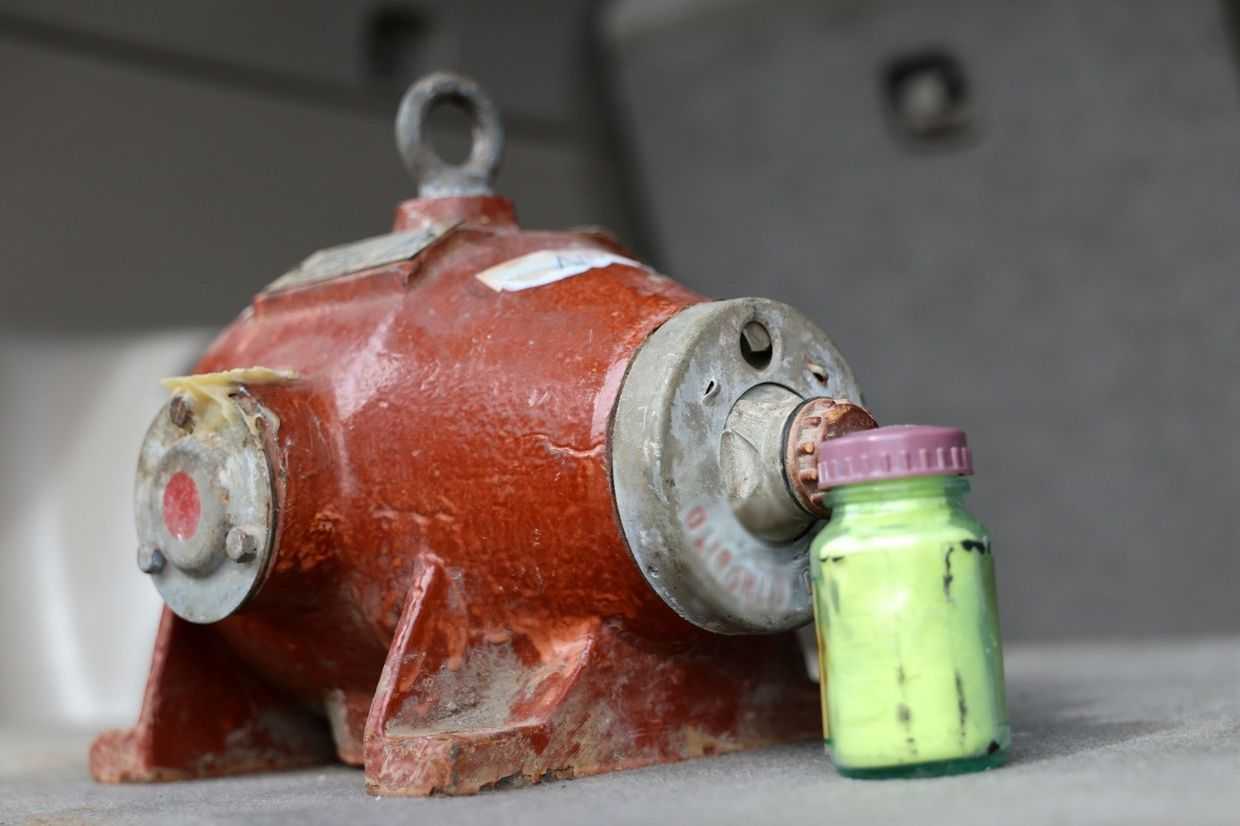
Irakli Kobakhidze, the chair of the ruling Georgian Dream party, alleged that the suspension of former Prosecutor General Otar Partskhaladze’s accounts by Georgia’s National Bank in line with US sanctions went against Georgia’s constitution.
On 18 September, Georgian local media reported that Georgia’s National Bank had suspended the accounts of Otar Partskhaladze, who served as Georgia’s Prosecutor General for a month and a half in 2013, and was implicated in a number of scandals during and following his time in the role.
The move came four days after the US State Department announced that Partskhaladze, whom it described as a ‘Georgian-Russian oligarch’, was sanctioned for his involvement in Russia’s economy, and in relation to Russia’s ‘malign influence’ on Georgia.
[Read on OC Media: Scandal-ridden Georgian former prosecutor sanctioned by US]
Irakli Kobakhidze, chair of the ruling Georgian Dream party, said on Monday that the National Bank’s decision directly contradicted Georgia’s constitution, and ‘in particular […] the presumption of innocence’.
Kobakhidze stated that in the case of decisions when the National Bank’s internal regulation and the country’s constitution were ‘in conflict with each other’, priority should be given to the constitution.
‘If such a decision is taken by the National Bank, it directly contradicts the constitution of Georgia and, in particular, one of its basic principles — this is the presumption of innocence when talking about a citizen of Georgia’, he said.
Both Kobakhidze and Georgia’s President Salome Zurabishvili also commented on Otar Partskhaladze’s citizenship.
While the US State Department announcement described Partskhaladze as a Georgian-Russian citizen, Georgian citizens are allowed to hold dual citizenship only if granted permission by Georgia’s president.
According to opposition-aligned TV Pirveli, Partskhaladze received Russian citizenship in 2021.
On Tuesday, Zurabishvili wrote that ‘no documents regarding Otar Partskhaladze’s Georgian citizenship have been sent to the President’.
On the same day, Irakli Kobakhidze announced that Georgia’s judiciary had begun investigating Partskhiladze’s citizenship, allowing for the possibility that ‘the question of loss of citizenship may arise’.
Later on Tuesday, Georgia’s Prosecutor’s Office announced that Georgia’s State Security Service had launched an investigation into Otar Partskhaladze’s sanctioning.
‘The evidence obtained by them, including the evidence requested from the relevant competent authorities of foreign countries, will be given appropriate legal attention. An assessment and appropriate legal response will be made, information on which will be provided to the public considering the high public interest’, read the statement.
Sanctions, compliance, and evasion
The National Bank of Georgia told OC Media that Georgian financial institutions operated ‘fully in accordance with financial sanctions imposed by the USA, the European Union, and Great Britain against the Russian Federation’.
‘A sanctioned person is restricted both in their disposal of funds and their ability to carry out all kinds of financial operations’, the statement said.
The National Bank of Georgia did not respond to OC Media’s question regarding whether access to bank accounts owned by Partskhaladze had been restricted.
However, Roman Gotsiridze, a representative of the cross-party opposition Eurooptismists group, stated in parliament that he had ‘reliable information’ that Partskhaladze had transferred money from a Georgian bank to a Cartu Bank account prior to the suspension of his Georgian bank accounts, and suggested that there might have been a deliberate delay to allow him to do so.
Cartu Bank was founded by Bidzina Ivanishvili, the billionaire founder of Georgia’s ruling party and former prime minister, who is often accused of maintaining informal rule over Georgia despite having formally left politics in 2021.
Partskhaladze was in 2018 accused of engaging in extortion on behalf of Ivanishvili. In 2016, the former prime minister announced that his son, Bera Ivanishvili, was godfather to Partskhaladze’s grandchild.
In September 2022, Ukraine added Partskhaladze to a list of 15 Georgians subjected to sanctions for their alleged ties to Russia and its war on Ukraine.
The ‘War and Sanctions’ website states that Partskhaladze is ‘one of the participants in the oligarchic rule and seizure of power by Bidzina Ivanishvili’.
On 14 September 2023, the US Department of State and the Treasury imposed sanctions on 150 individuals and legal entities connected to Russia and its war in Ukraine.
Partskhaladze is mentioned in the sanctioned list in relation to Russian ‘Federal Security Service officer’ Aleksandr Onishenko.
‘FSB Officer [Onishchenko] likely assisted his associate [Partskhaladze] in obtaining a Russian passport and possibly Russian citizenship. [Partskhaladze] has fully taken on a Russian identity and routinely travels to Russia’, the statement read.
‘[Onishchenko] and the FSB have leveraged [Partskhaladze] to influence Georgian society and politics for the benefit of Russia. [Partskhaladze] has reportedly personally profited from his FSB connection’.
Partskhaladze became Georgia’s general prosecutor in November 2013 but resigned after 47 days. Shortly prior to his resignation, it became known that Partskhaladze had been convicted of a crime in Germany in the 2000s.
Also in 2018, Georgia’s Prosecutor’s Office charged Partskhaladze over a 2017 fight with then–Auditor General Lasha Tordia in a nightclub but was acquitted in 2021.









